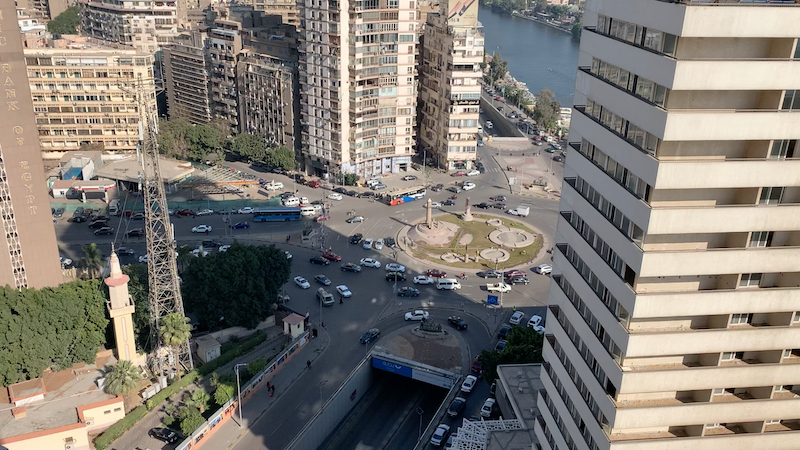Egyptian Prime Minister Moustafa Madbouli announced the sale of public stakes in 32 companies by the end of the next fiscal year (June 30, 2024). These partial privatizations, which will take the form of sales of stakes to strategic investors or public offerings of shares (OPA), are an integral part of the implementation of the new State ownership policy endorsed on December 29 2022.
This policy paves the way for a partial withdrawal of the state and a concomitant rise of the private sector in the economy. It also aims to attract foreign investors (target of reaching USD 40 billion in FDI by 2026). The terms and conditions for the sale of public assets, their phasing and the contribution of the Gulf States will be carefully examined by both investors and the IMF.
The new public ownership policy, by paving the way for private sector investment in state-owned enterprises, also aims to improve their operational performance and potentially avoid their liquidation, while some public industrial enterprises, at levels of indebtedness high, often dilapidated and overstaffed, present a strong need for modernization to gain in competitiveness.
The companies put up for sale mainly belong to the petrochemical sector (8 companies), banking (Bank of Caire, Arab African International Bank, United Bank) and insurance (Misr Life Ins and Misr Ins), industry and mineral resources (4 companies including El Nasr Mining and Sinai Manganese Company) to the real estate sector (4 companies including El Nasr Housing and Development) but also to the retail trade (the fuel distributor Wataniya and the water seller in Safi bottle, both currently belonging to the army), the port and logistics sector (3 companies including Damietta and Port Said Container & Cargo Handling Co) as well as the pharmaceutical sector (Misr Pharma) and the technological sector (Misr Technology Services).
The State also announces the sale of energy assets, in particular the wind farms of Gabal El Zeit (580 MW) and Zafarana (545 MW), as well as the combined cycle power plant of Beni Suef (4.8 GW).
The Gulf countries, which made massive investment promises following the war in Ukraine to support Egypt, are presenting themselves as natural investors in the privatization program. The Qatari Sovereign Fund (QAI) has already expressed its intention to buy shares in Vodafone Egypt as well as container terminal operators in Damietta and Port Said. The Saudi Sovereign Fund (PIF) is reportedly interested in the Beni Suef combined cycle power plant, the Wataniya service station chain and the United Bank.
The Emirati sovereign wealth fund (ADQ) is reportedly considering taking a stake in fertilizer producer Helwan Fertilizer Company, while the Omani sovereign wealth fund (OIA) is studying opportunities in several sectors.
As a reminder, the Emirati Sovereign Fund ADQ began in the spring of 2022 the acquisition of USD 2 billion in stakes in Egyptian public companies belonging to the banking and financial sector (the CIB bank, the Fawry payment system), fertilizers (Abu Qir Fertilizers and Mopco), the logistics sector (Alexandria Container & Cargo Handling) and telecommunications (the operator Etisalat).
Source Embassy of France in Egypt








Réagissez à cet article